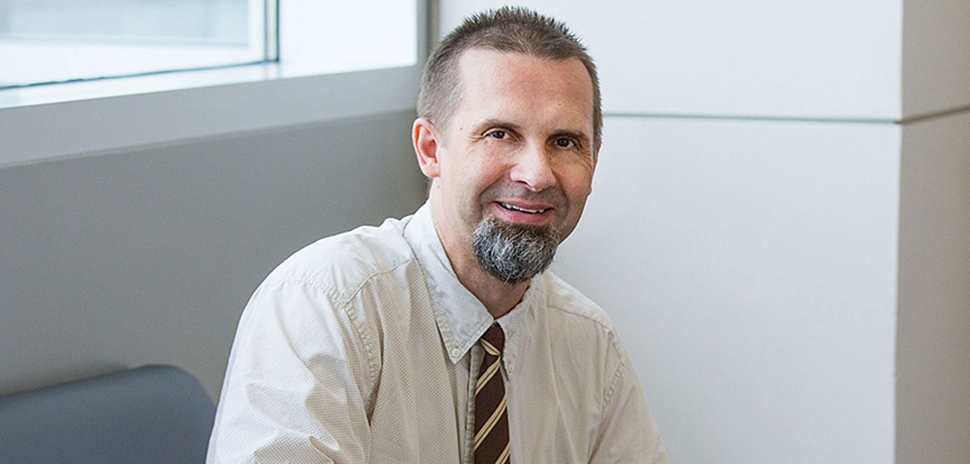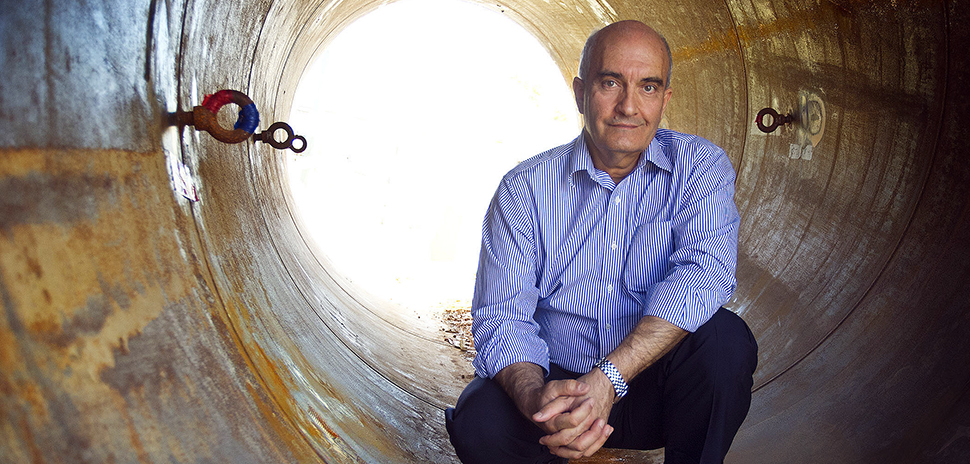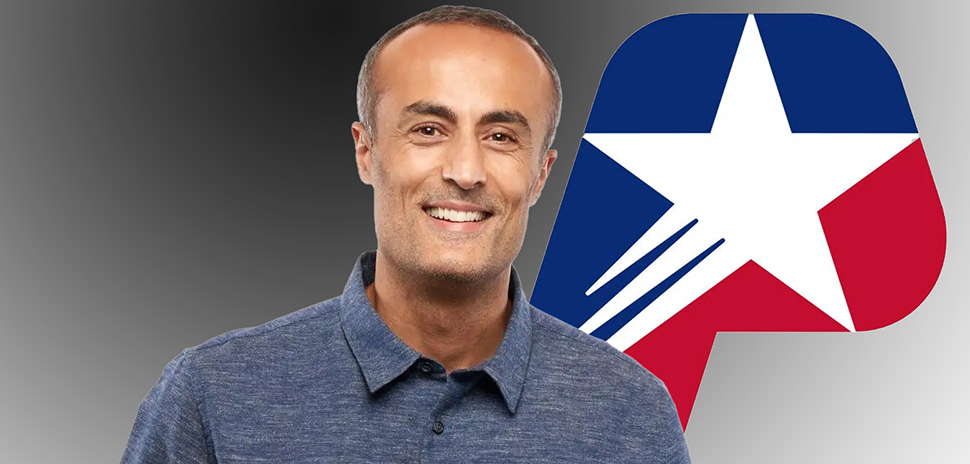A pipeline researcher at the University of Texas at Arlington has received a $400,000 grant from six state transportation departments and a national cooperative to create design methodologies for extending the life of storm-water pipes.
Researchers are looking at whether lining pipes with a sprayed polymer or cement-like material coating could prolong their use.
Researchers are looking at whether lining pipes with a sprayed polymer or cement-like material coating could prolong their use, according to UTA.
The university said that Mohammad Najafi, a professor in the Department of Civil Engineering, is spearheading the research through the university’s Center for Underground Infrastructure Research and Education.
“We will be looking at his this spray-applied pipe liner affects water-carrying capability and structure capacity in these storm-drainage pipes and culverts,” Najafi said.
The state transportation departments are from Ohio, New York, Florida, North Carolina, Minnesota, and Pennsylvania.
Herb Booth’s full report on the research is here.

Dr. Benjamin Levine is shown in front of his laboratory’s hyper/hypobaric environmental chamber, which is used to simulate high altitude, deep diving, and space-like conditions in studies of human performance. [Photo: UT Southwestern Medical Center]
PRESCRIPTION FOR LIFE: HOW EXERCISE COULD REVERSE HEART DAMAGE
New research from UT Southwestern Medical Center and Texas Health Resources shows that exercise can reverse damage to sedentary, aging hearts and lower the risk of heart failure in the future. But, there’s a catch.
The exercise regimen should start in late middle life — before age 65 — the time when the heart still shows some plasticity and the ability to remodel itself, according to UT Southwestern.
” … this ‘dose’ of exercise has become my prescription for life.”
Dr. Benjamin Levine
And, the exercise should be done four to five times a week. Researchers in an earlier study determined that two to three times a week wasn’t enough.
“Based on a series of studies performed by our team over the past five years, this ‘dose’ of exercise has become my prescription for life,” said Dr. Benjamin Levine, director for the Institute for Exercise and Environmental Medicine — a collaboration between UT Southwestern and Texas Health Presbyterian Hospital Dallas.
Writer Carol Marie Cropper of UT Southwestern tells us more about the exercise regimen here.

Victor Uteshev of the University of North Texas Health Science Center. [Photo courtesy of UNT Health Science Center]
RESEARCHERS BEGIN PHASE 1 STUDY OF TRAUMATIC BRAIN INJURY TREATMENTS
Researchers at the University of North Texas Health Science Center are collaborating with a San Diego, California-based pharmaceutical company to examine a family of “novel” compounds that could change how traumatic brain injuries are treated.
It’s a Phase I study with Epigen Biosciences Inc. funded by a $417,000 grant from the National Institutes of Health.
“Healthy brains are all alike, but every traumatically injured brain is unhealthy in its own way.”
Victor Uteshev
Associate Professor of Pharmacology and Neuroscience Victor Uteshev said the treatment of traumatic brain injuries is a big challenge for researchers because it’s a complex personal disorder.
“Rephrasing Leo Tolstoy: Healthy brains are all alike, but every traumatically injured brain is unhealthy in its own way,” Uteshev said. “As a result, development of standardized treatments suitable for all or even many traumatically injured brains is a tremendous challenge. But solving scientific challenges is our job, not inconvenience.”
You can read Jan Jarvis’ report for the Health Science Center here.
![]()
Get on the list.
Sign up to keep your eye on what’s new and next in Dallas-Fort Worth, every day.






































































